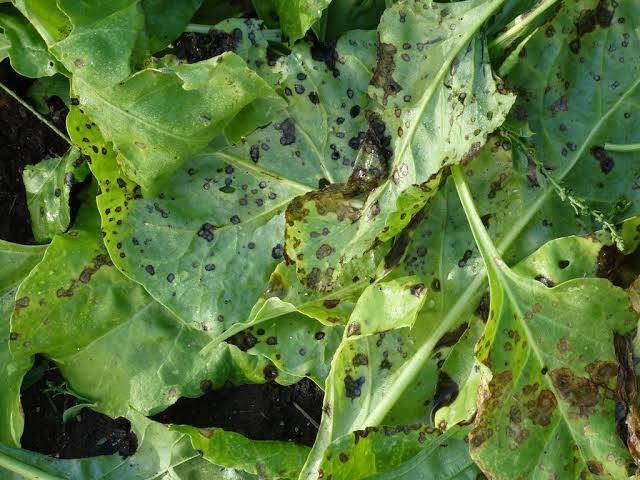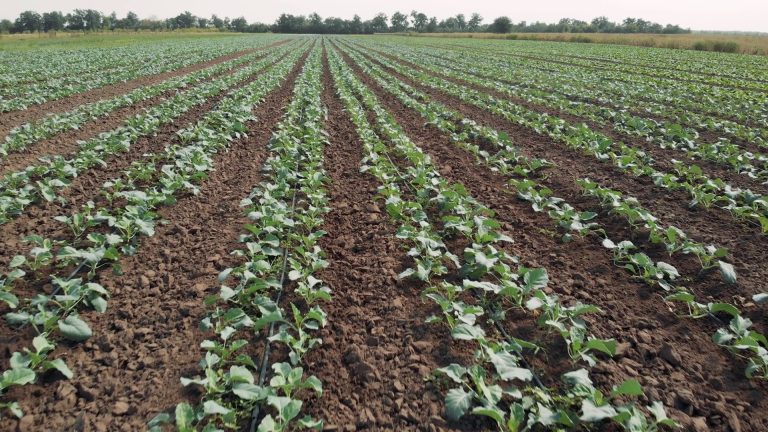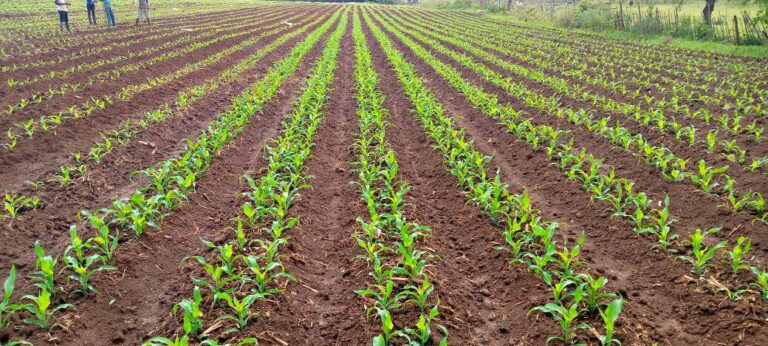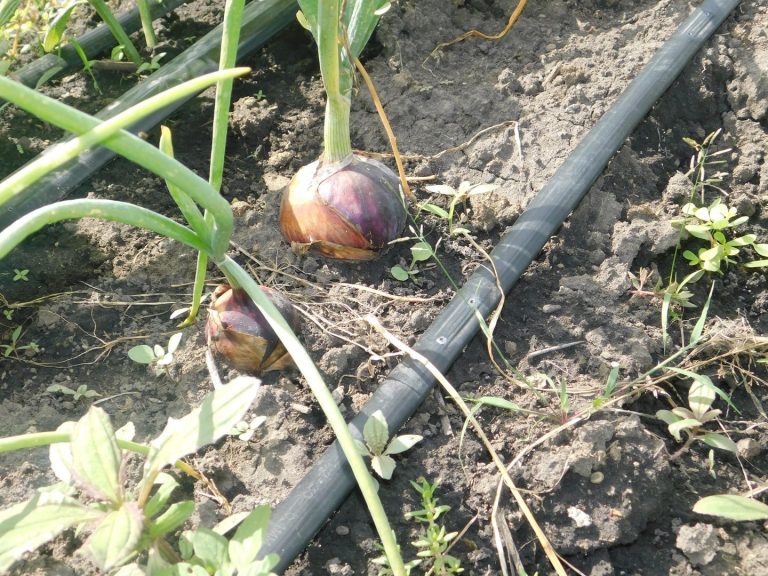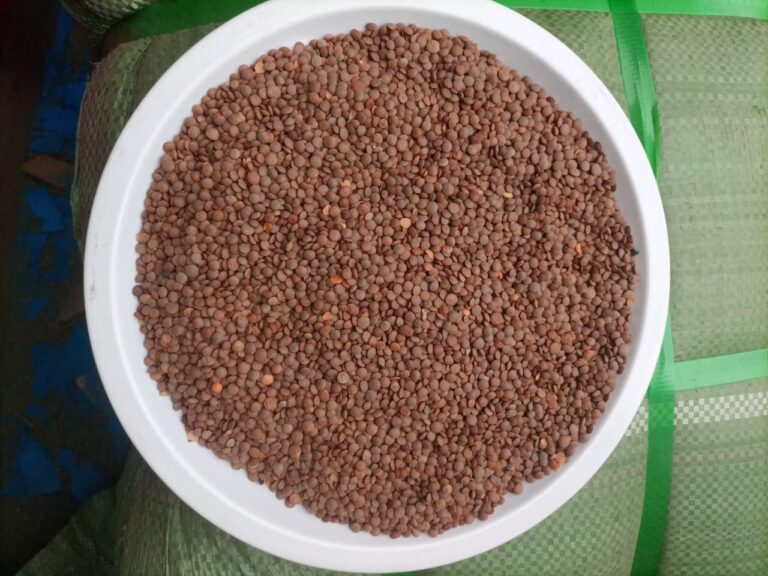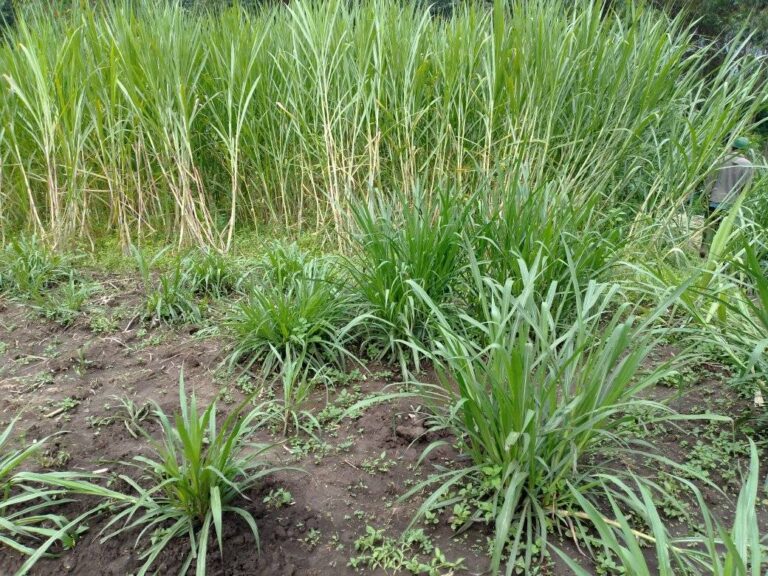Cost of Farming Cabbage Per Acre In Kenya
The cost of farming cabbage per acre in Kenya typically ranges from KES 67,500 to KES 172,000. This cost includes various components such as land preparation (approximately KES 10,000), seeds or seedlings (KES 8,000 to KES 37,500), planting (KES 3,000), fertilizers and manure (KES 7,500), irrigation (KES 10,000 to KES 80,000), pest and disease control (KES 4,000), labor (KES 15,000 to KES 20,000), harvesting (KES 3,000), post-harvest handling (KES 2,000), transportation (KES 3,000), and marketing (KES 2,000).
In terms of revenue, an acre can yield about 15,000 heads of cabbage, with potential earnings of KES 450,000 to KES 900,000 based on market prices of KES 30 to KES 60 per head. This results in a net profit ranging from KES 383,500 to KES 728,000, depending on the total costs incurred and market conditions.
Proper management practices and efficient cost control can significantly enhance profitability in cabbage farming.
Farming Cabbage in Kenya
Cabbage farming in Kenya has grown in popularity due to its high demand and the favorable climatic conditions that support its cultivation. As with any agricultural endeavor, understanding the cost structure is crucial for achieving profitability.
This article provides a comprehensive breakdown of the costs involved in farming cabbage per acre in Kenya, from land preparation to marketing, along with a detailed profit analysis.
Why Farm Cabbage in Kenya
Cabbage is a staple vegetable in Kenya, consumed widely across the country. It is valued for its nutritional benefits, including high levels of vitamins C and K, and its versatility in various culinary dishes.
The growing demand for cabbage in both local and export markets makes it a profitable crop for farmers.

Overview of Cost of Farming Cabbage Per Acre In Kenya
The cost of farming cabbage per acre in Kenya involves several stages, each with specific financial requirements.
These stages include land preparation, purchasing seeds or seedlings, planting, fertilization, irrigation, pest and disease control, labor, harvesting, post-harvest handling, transportation, and marketing.
Land Preparation Costs
Land preparation is the first step in cabbage farming and involves clearing, plowing, harrowing, and leveling the land. The cost of land preparation varies depending on whether the farmer owns the land or rents it.
For rented land, the cost can be approximately Ksh 10,000 per acre per season.
Cost Breakdown: Land Preparation
| Activity | Cost (Ksh) |
| Land clearing | 3,000 |
| Plowing | 4,000 |
| Harrowing | 2,000 |
| Leveling | 1,000 |
| Total | 10,000 |
Cost of Seeds and Seedlings
The choice between seeds and seedlings impacts the initial cost. Hybrid cabbage seeds, known for their high yield and disease resistance, are more expensive than open-pollinated varieties.
On average, Gloria F1 hybrid seeds cost about Ksh 8,000 per acre, while seedlings can cost around Ksh 37,500 per acre.
Cost of Seedlings: Typically, nursery seedlings for cabbage are sold in trays or pots. The cost per seedling can range from Ksh 2.00 to Ksh 3.00, depending on the quality, size, and supplier. Higher quality seedlings from reputable nurseries may cost more but can provide better establishment and yield.
Number of Seedlings per Acre: The spacing of cabbage plants depends on the variety and the desired plant density. For cabbages planted in rows with spacing of about 45 cm between plants
Number of Plants per Acre will be approximately 15,000 plants.
Cost Estimate: If seedlings cost around Ksh 2.5 each (mid-range estimate), the total cost for seedlings per acre would be approximately 15,000 x Ksh 2.50 = Ksh 37,500
Cost Breakdown: Seeds and Seedlings
| Item | Cost (Ksh) |
| Hybrid seeds | 8,000 |
| Seedlings | 37,500 |
| Total | 8,000-37,500 |
Planting Costs
Planting involves spacing the seeds or seedlings appropriately and ensuring they are well-watered. The labor cost for planting is typically around Ksh 3,000 per acre.
Fertilizer and Manure Costs
Fertilization is critical for cabbage growth. Farmers use a combination of organic manure and chemical fertilizers to enhance soil fertility. The cost of manure is approximately Ksh 2,500 per acre, while chemical fertilizers can cost around Ksh 5,000 per acre.
Cost Breakdown: Fertilizer and Manure
| Item | Cost (Ksh) |
| Organic manure | 2,500 |
| Chemical fertilizers | 5,000 |
| Total | 7,500 |
Irrigation Costs
Irrigation is essential, especially in regions with inconsistent rainfall. The cost varies depending on the irrigation method used.
Drip irrigation systems, which are efficient and conserve water, can cost about Ksh 80,000 per acre, while furrow irrigation costs around Ksh 10,000 per acre.
Cost Breakdown: Irrigation
| Method | Cost (Ksh) |
| Drip irrigation | 80,000 |
| Furrow irrigation | 10,000 |
| Total | 10,000-80,000 |
Pest and Disease Control Costs
Cabbage is susceptible to pests and diseases, necessitating regular monitoring and the use of pesticides and fungicides. The average cost for pest and disease control is approximately Ksh 4,000 per acre.
Labor Costs
Labor is required for various activities, including weeding, applying fertilizers, and monitoring plant health. The total labor cost per season can range from Ksh 15,000 to Ksh 20,000 per acre.

Harvesting Costs
Harvesting involves cutting and collecting the mature cabbages, which requires additional labor. The cost of harvesting is around Ksh 3,000 per acre.
Post-Harvest Handling Costs
Post-harvest handling includes cleaning, grading, and packaging the cabbages for market. This process can cost approximately Ksh 2,000 per acre.
Transportation Costs
Transporting the harvested cabbages to market is another expense to consider. The cost depends on the distance to the market and the mode of transportation used. On average, transportation costs can be around Ksh 3,000 per acre.
Marketing Costs
Marketing involves promoting the cabbages to potential buyers. Costs may include market fees, packaging materials, and advertising. These costs can total about Ksh 2,000 per acre.
Total Cost Summary
Summarizing the costs, we can estimate the total expenditure for farming cabbage per acre in Kenya.
Total Cost Summary
| Expense Category | Cost (Ksh) |
| Land preparation | 10,000 |
| Seeds/Seedlings | 8,000 – 37,500 |
| Planting | 3,000 |
| Fertilizer and Manure | 7,500 |
| Irrigation | 10,000 – 80,000 |
| Pest and Disease Control | 4,000 |
| Labor | 15,000 – 20,000 |
| Harvesting | 3,000 |
| Post-Harvest Handling | 2,000 |
| Transportation | 3,000 |
| Marketing | 2,000 |
| Total Estimated Cost | 67,500 – 172,000 |
Revenue from Cabbage Farming
The revenue from cabbage farming depends on the yield per acre and the market price of cabbage.
On average, an acre of cabbage can produce about 15,000 heads of cabbage. With a farm gate price of Ksh 30 -60 per head, the potential revenue per acre is Ksh 450,000 to Ksh. 900,000.

Profit Analysis
To calculate the profit, we subtract the total costs from the total revenue.
Profit Analysis
| Item | Amount (Ksh) |
| Total Revenue | 450,000- 900,000 |
| Total Costs | 67,500 – 172,000 |
| Net Profit | 383,500 – 728,000 |
Factors Influencing Profitability
Several factors can influence the profitability of cabbage farming, including:
- Market Prices: Fluctuations in market prices can significantly impact revenue.
- Yield per Acre: Higher yields lead to increased revenue.
- Cost Management: Efficient cost management can enhance profitability.
- Pest and Disease Management: Effective control measures can prevent losses.
Tips for Reducing Costs
To enhance profitability, farmers can adopt various strategies to reduce costs:
- Use Organic Fertilizers: Reducing reliance on chemical fertilizers can lower costs.
- Implement Efficient Irrigation: Drip irrigation systems can conserve water and reduce expenses.
- Adopt Integrated Pest Management: Combining biological, cultural, and chemical methods can lower pest control costs.
- Optimize Labor Usage: Efficient labor management can reduce overall labor costs.
Case Study: A Successful Cabbage Farm
Consider the case of Jane, a cabbage farmer in Nakuru County. By adopting efficient farming practices and leveraging government support, Jane managed to reduce her total costs to Ksh 60,000 per acre while achieving a yield of 15,000 heads of cabbage per acre. With a market price of Ksh 30 per head, her total revenue was Ksh 450,000, resulting in a net profit of Ksh 390,000.
Common Challenges in Cabbage Farming
Farmers often face challenges such as:
- Pest and Disease Infestations: Regular monitoring and effective control measures are essential.
- Market Fluctuations: Diversifying markets can help mitigate price volatility.
- Climate Change: Adopting resilient farming practices can help cope with changing climatic conditions.

